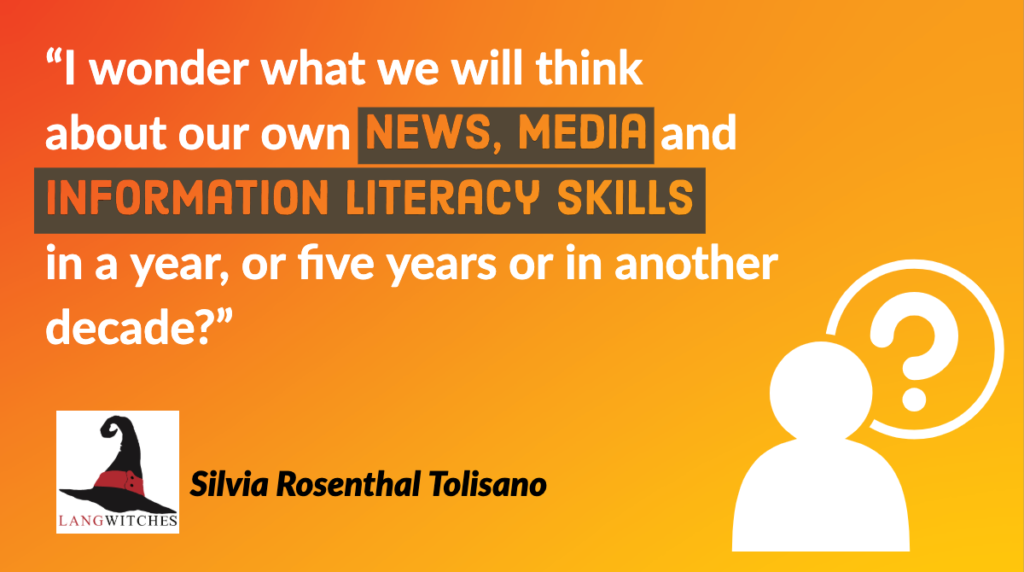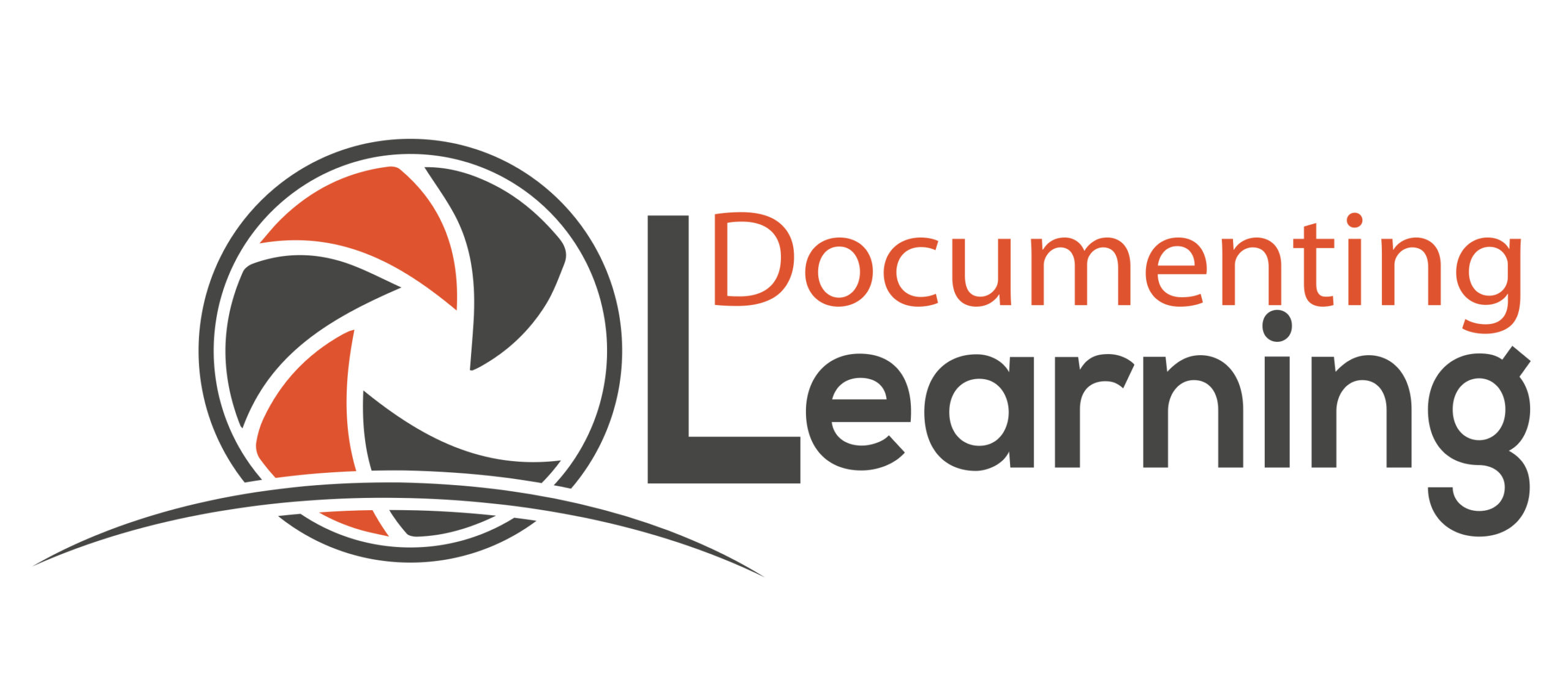I am documenting my learning journey to be able to capture the state of issue around news, media and information literacy at this moment in time. It is an increasingly important topic as a global citizen. A topic around literacies (the ability to read, write and being able to express ideas and communicate effectively) that have been changing at exponential speed right before our eyes. We no longer can rely on the skills we learned as students decades or even years ago.

As mentioned in previous posts (Information and Media Literacy for 2020 and Beyond & More Dangerous than Technology) , terms such as disinformation, misinformation, fake news, deep and shallow fakes, alternative facts, truth decay, post-truth world, and information trolls were not part of any curriculum or topics I had heard of or wondered about with urgency just a few years back. The deeper I dive into the world of these terms and changes, I wonder what we will think about our own news, media and information literacy skills in a year, or five years or in another decade?
My documentation is intended to
- raise awareness of the growing problems around these literacies
- share my own learning and reflections
- make learning around these topics visible
- encourage others to share their own research, learning and conclusions about news, media and information literacy
- be the breadcrumbs of my learning journey and process as I am finding ways to fine tune my understanding and skills around these literacy
What is needed are more examples of people making their thinking around media, information and news literacy skills visible.
- What are your thoughts as you see, read or listen to information/media/news?
- What are your steps to confirm or debunk information/media/news?
- How do you hone your skills to detect fakes or bogus information/media/news?
- What instincts are on high alert and do you listen to when consuming information/media/news?
- What strategies and steps do you follow to not share potential false information on your own social media feeds?
Thank you to all who are taking the time to share their skills, their thinking and their examples so others can learn from them and to also capture this moment in time as we are all struggling to adapt to a new world of information/media/news.
One of my favorite YouTubers is Destin Sandlin from SmarterEveryday. One of the reasons I like his work so much is precisely his ability to make his thinking and learning visible. He is curious and that is contagious. In this video below, he has teamed up with Katy Byron, who runs the Google-funded MediaWise program at the Poynter Institute of Journalism, teaching youth how to sort fact from fiction online. In their casual conversation they share three steps in how to decide if you should further share information/media/news story online
- Who’s behind the information?
- What’s the evidence?
- What do other sources say?
Julie Nilsson Smith, a Media Literacy professor at Webster University, is my go to #medialiteracy and #newsliteracy person in my PLN. She is a wonderful curator around these topics. In the informal screencast below, Julie lets us tag along as she is makes her thinking, strategies and steps visible when she receives an unsolicited DM on Instagram, that made her suspicious.
Alec Couros, a professor of Information and Communication Technologies at the University of Regina, is one of the earliest connections I made in my PLN. For years, he had to deal with his online photos being used in catfishing scams. As a true teacher, he is using these unfortunate incidences to teach others skills to not continue to fall victims to these scams. Together with Katia Hildebrandt , he wrote the following post with steps about what to do when You Are Being Catfished?
Step 1: Assess the authenticity of the profile picture
Step 2: Critique the bio
Step 3: Investigate the profile name
Step 4: Investigate the profile page
Step 5: Watch for tell-tale behaviours
Step 6: Ask for confirmation of identification
Step 7: Block, report, and warn others
Other things to look out for
Please share any other good examples of information/media/news literacy skills that you have come across or that you have created.
…or maybe the examples above encourage you to start creating an example…
…or maybe this would be a great content creation idea for your students to share their skills with others?
Bottom line : We need more examples to raise awareness and to learn from each other about information/media/news skills!

